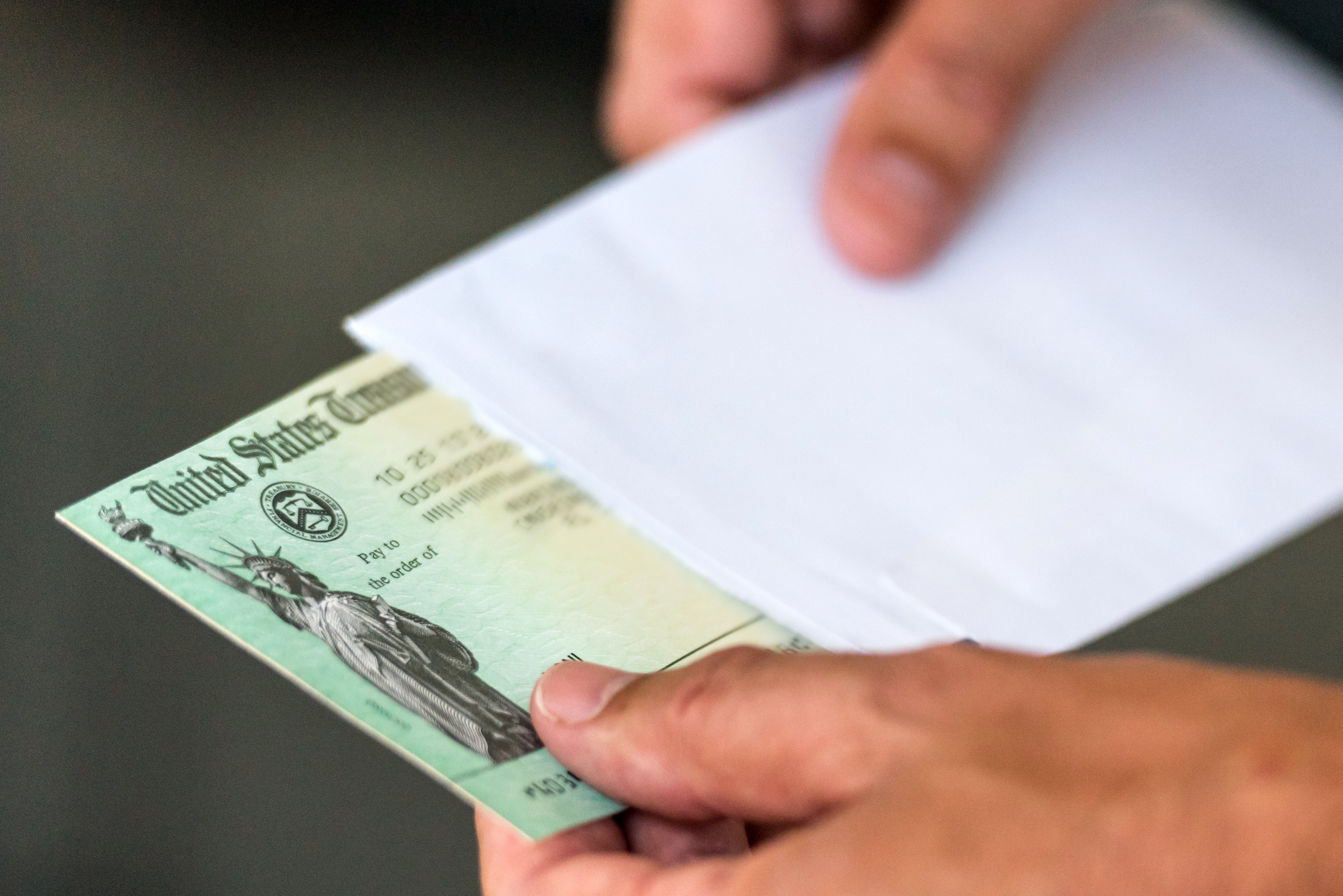
May
Many Individuals Were Left Shocked by Their Tax Refunds
Many taxpayers were upset when they found out that they owed money to the federal government. And if taxpayers don’t adjust their paycheck withholdings, next year could bring an even bigger surprise.
New guidance from the IRS prompted employers to adjust workers’ paychecks last March, to match up what they would owe under the new tax plan. If taxpayers didn’t update the relevant withholding forms, they ended up owing money, even if their total tax liability dropped. The updated tables were in effect for about nine months last year. But this year, they’ll be in effect for all 12, meaning the problem will only be inflated if taxpayers don’t act.
Early this tax season, I.R.S. statistics showed that the average taxpayer refund was down nearly 17 percent. Things have evened out since April, making the average refund $2,833, which is down by 1.1 percent from last year. In New Jersey, for example, on average, individuals owed about 30 percent less in taxes than in 2017. But their refunds declined by about 6 percent.
Whether or not you owed for 2018, now is the time to update your withholdings. The I.R.S. suggests performing a “paycheck checkup” annually to avoid surprises. The amount withheld is determined by the number of so-called allowances. The fewer allowances you claim, the more is set aside from each check. You can increase your withholdings further by specifying an additional flat dollar amount to be set aside each pay period.
The tax and payroll industry were critical of the initial proposal released last June. They said it was far too complicated for workers and their employers, and it also asked workers to provide sensitive information that they might not willingly want to share with their employer. A new draft is expected to be release at the end of May. When the new form is available, you should probably run through the withholding exercise again. One thing to keep in mind: As good as it feels to receive a large refund, what you’re really doing is giving the government an interest-free loan. So instead of withholding too much, you might direct that extra bit of money into an interest-bearing account and pay yourself instead.




